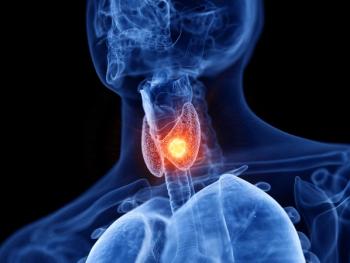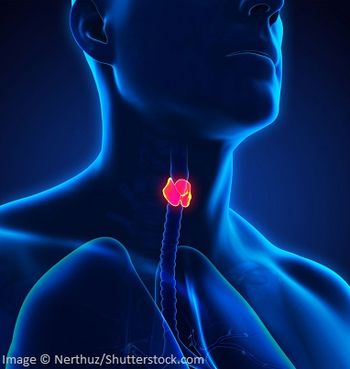
Will those exposed receive any immediate benefits from taking potassium iodide pills now?
In response to the radiation spreading from the No. 3 reactor of the Fukushima Daiichi nuclear complex in Japan, sales of potassium iodide have soared. Some have claimed, however, that the short-term benefits of the drug are a myth, as the radioiodine is less likely to be inhaled, and more likely to be ingested in the future, often from drinking milk produced from cows grazing in areas affected by radiation fallout.
In response to the radiation spreading from the No. 3 reactor of the Fukushima Daiichi nuclear complex in Japan, sales of potassium iodide have soared. Some have claimed, however, that the short-term benefits of the drug are a myth, as the radioiodine is less likely to be inhaled, and more likely to be ingested in the future, often from drinking milk produced from cows grazing in areas affected by radiation fallout.
Newsletter
Stay up to date on recent advances in the multidisciplinary approach to cancer.





































